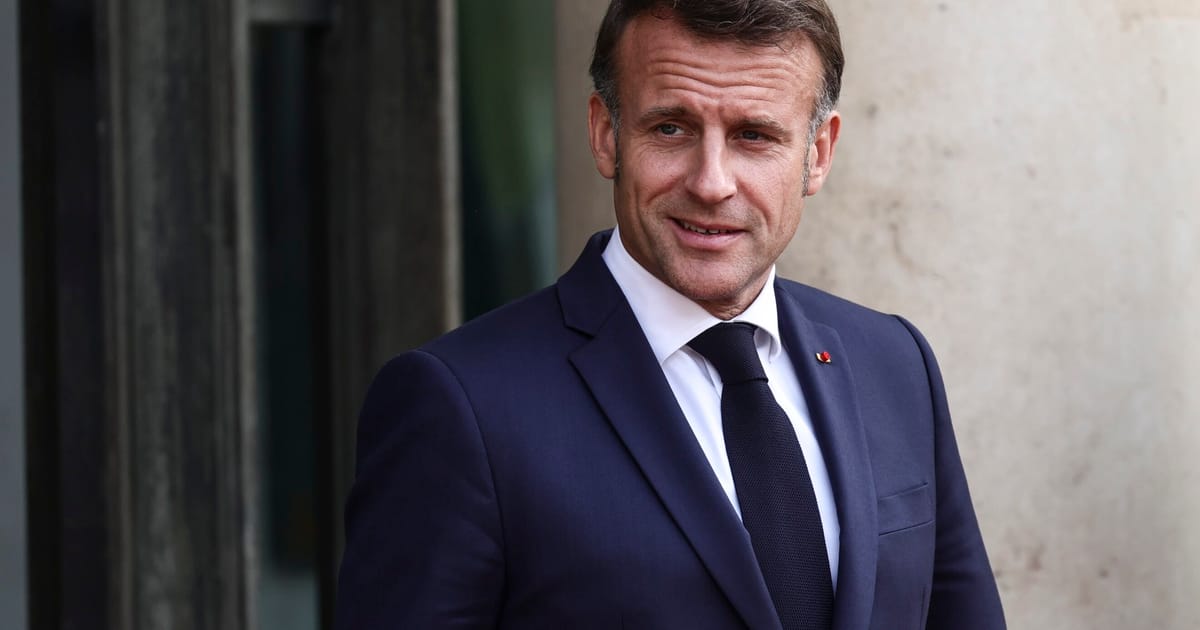

In a world often fraught with complexity, recent developments in diplomatic initiatives and political processes are emerging as tranquil pathways towards peace and recognition. A notable chord has been struck in the international community’s melody of reconciliation and renewed recognition efforts, marked by French President Emmanuel Macron’s progressive push for Palestinian state recognition. Simultaneously, the dialogue towards peace involving Ukraine and Russia has seen significant gestures aimed at de-escalating ongoing tensions. Additionally, Myanmar is poised towards an electoral process, albeit under scrutinized conditions.
Emmanuel Macron has undertaken an initiative that resonates with the historical aspirations of the Palestinian people, advocating for the recognition of Palestinian statehood. This effort, while symbolic in nature, has been highlighted as a significant stride in addressing longstanding geopolitical desires for statehood and sovereignty. Although this recognition does not by itself solve pressing humanitarian concerns, such as hunger crises within the Gaza Strip, it sets a precedent for further discussions and possible resolutions that respect the dignity and aspirations of the Palestinian populace. Macron’s stance contributes to a growing dialogue acknowledging historical claims, which aligns with broader international calls for justice and equality in the region.
Concurrently, the realm of diplomacy is seeing cautious optimism as Ukrainian President Volodymyr Zelenskyy has expressed readiness for direct talks with Russian President Vladimir Putin. Zelenskyy’s invitation for leader-level discussions aims to transition from prolonged debates to tangible peace negotiations, conditional upon the genuine willingness of all parties involved to conclude the conflict with honor. This development highlights a pivotal moment where the potential for lasting peace could emerge from a cycle of confrontational exchanges. The engagement in leader-level dialogue represents significant forward motion in the Ukrainian context, advocating for diplomatic undertakings that prioritize stability and harmonious coexistence.
In Southeast Asia, Myanmar’s political landscape is taking a turn as the military junta lifts the state of emergency, paving the way for preparations for the December elections. The declaration of a state of emergency in February 2021 had suspended the existing democratic framework and led to widespread civil unrest. The proposed upcoming elections present an opportunity for political recalibration, although it is met with skepticism from opposition groups and international observers who caution against the electoral process as being a facade to perpetuate military dominance. Despite these criticisms, the move towards an election signifies a window for potential reform and civilian participation, albeit clouded by challenges that demand continuous vigilance and advocacy for transparent democratic processes.
These unfolding narratives, from the Middle East to Eastern Europe and Southeast Asia, underscore a collective yearning for harmony, dignity, and autonomy among diverse communities. They encapsulate a universal call for peace, dialogue, and the reclamation of self-determination, providing hopeful perspectives towards resolving long-standing conflicts. As these stories unfold, they encourage a deeper reflection on the shared humanity and mutual aspirations that bind global communities, sowing seeds for peace and coexistence on a broader international stage.
Source: {link}
